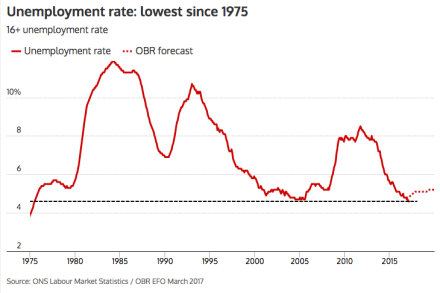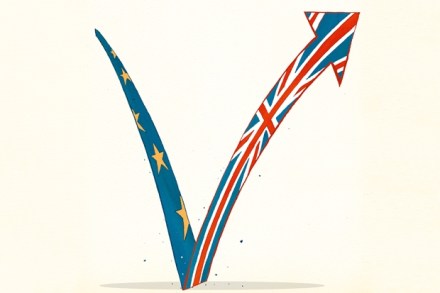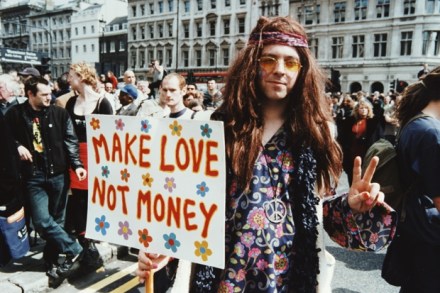The Taylor report is wrong to suggest cash in hand is fundamentally dishonest
Would a cashless world be a better place, morally or fiscally? Matthew Taylor, in his relatively uncontroversial review of work practices and the ‘gig economy’ published on Tuesday, proposed that the £6 billion ‘cash in hand’ economy of payment for window cleaning, gardening, leaflet distributing and similar simple tasks should be regularised and brought into the tax net through the use of apps and other digital payment platforms. Would that really be a good thing? The first point to be made is that it’s probably going to happen anyway over the next decade — at least if we go the way of Sweden. There, cards and phones are almost universally



















